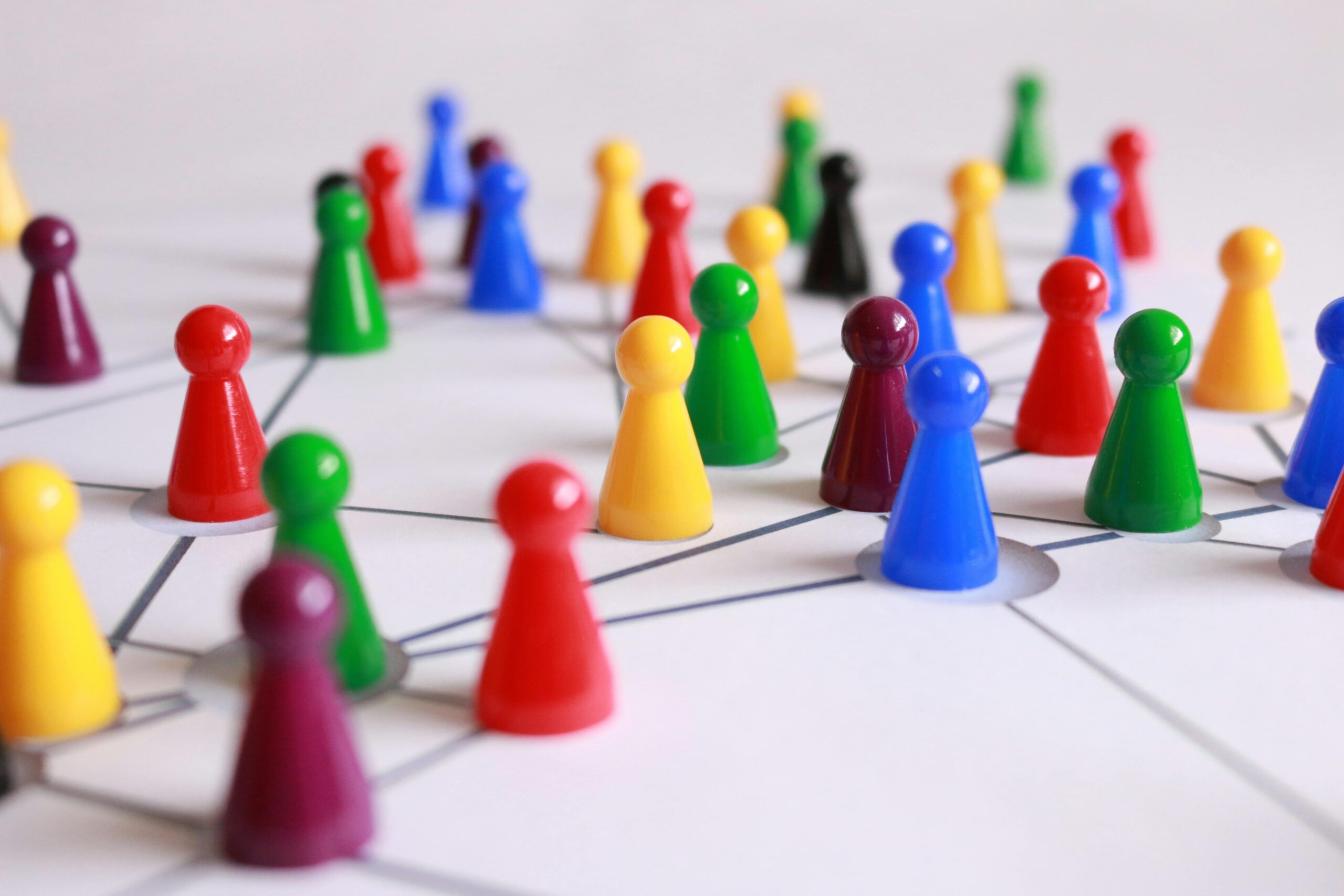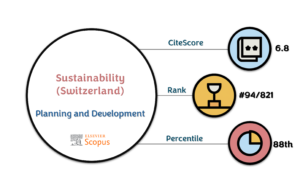Amca Toklu, D., Acar, A., Akcil, U., & Dagli, G. (2024). Development and Evaluation of Peace-Oriented Education Activity for Preschool Children within the Scope of Sustainable Development. Sustainability, 16(19), 8472.
This study focuses on developing and implementing a contemporary peace education curriculum for preschool children in Cyprus, emphasizing the importance of fostering global citizenship. Conducted with five-year-old children attending a public kindergarten, their parents, classroom teacher, and researcher, the study employed an action research design with three phases: needs analysis, implementation, and evaluation. Data were collected through questionnaires for parents and teachers, a technology-supported child interview form, and teacher and researcher diaries. Over a 12-week period, peace education activities were introduced, resulting in significant positive changes in children’s attitudes toward peace, multicultural awareness, and peer communication.

Given Cyprus’s bi-communal structure and the absence of a lasting peace agreement, the study addresses the pressing need for peace education. Cyprus’s multicultural society, shaped by historical conflict and recent migration, underscores the importance of promoting values like respect, tolerance, empathy, and cooperation. The findings revealed that stakeholders, including parents, teachers, and administrators, support integrating peace education into preschool programs. These values align with those identified in global frameworks, such as UNICEF’s Living Values Education Program, which emphasizes skills like reconciliation, bias awareness, and gender equity.
The study highlighted the effectiveness of technology-supported peace education tools and activity-based learning in fostering these values. Teachers and parents observed noticeable improvements in children’s attitudes and behaviors, while previous studies emphasized that early introduction of peace education enhances social skills and interpersonal problem-solving abilities. The research aligns with the Sustainable Development Goal (SDG) 16, which aims to promote peaceful and inclusive societies, and demonstrates how early childhood education can contribute to long-term sustainable peace.
Recommendations from the study include incorporating peace education across all levels of education, organizing in-service training for stakeholders, and developing community projects to raise awareness. The program’s scalability suggests its potential to strengthen the value of peace through a holistic approach, contributing to societal harmony in conflict-affected regions. This research underlines the critical role of education in overcoming obstacles to peace and promoting a culture of nonviolence and sustainability in Cyprus and beyond.
This research is a product of a doctoral thesis. Within the scope of the doctoral thesis, 12 technology-supported education packages were prepared for 5-year-old children. A new product that emerged within the scope of the thesis and research is the Emoji application measurement tool. During the training, the reactions of the children regarding how well they comprehended the values were directly measured by using the Emoji application. The researcher who carried out the application within the scope of the thesis is Dervişe Amca Toklu. The thesis advisor is Prof. Dr. Umut Akçıl. The other two researchers provided field knowledge support.
Prof. Dr. Umut Akçıl is the Dean of the Atatürk Faculty of Education at Near East University. For those interested in pursuing research or collaborations in education management, open leadership, digital education, digital citizenship, and educational programs and instruction, Prof. Dr. Umut Akçıl ([email protected]) is available for inquiries. With expertise in innovative educational practices and leadership in the digital era, Prof. Dr. Akçıl provides valuable insights and guidance for advancing work in these transformative areas.
Abstract
The aim of this research is to develop contemporary peace education that can be implemented in the pre-school period to ensure global citizenship. In this study, action research design, one of the qualitative research methods, was used. The study group of this research consisted of five-year-old children who attend a public kindergarten and their parents, classroom teacher, and researcher. The data were collected by means of the peace value attitude questionnaire prepared for parents and classroom teachers, the technology-supported child interview form, the teacher diary form, and the researcher diary form. Research was carried out in three stages: needs analysis, implementation, and evaluation. Educational activities covering peace education were developed, and they were administered to the children for 12 weeks. Within the framework of the results obtained, it was determined that the five-year-old children who made up the study group consciously gained the value of peace, were sensitive to the multicultural structure, and strengthened their communication with their peers. In light of these results, we should develop integrated programs in preschool education, place the value of peace at the center, and provide peace education widely in the preschool period by all stakeholders for global citizenship.
